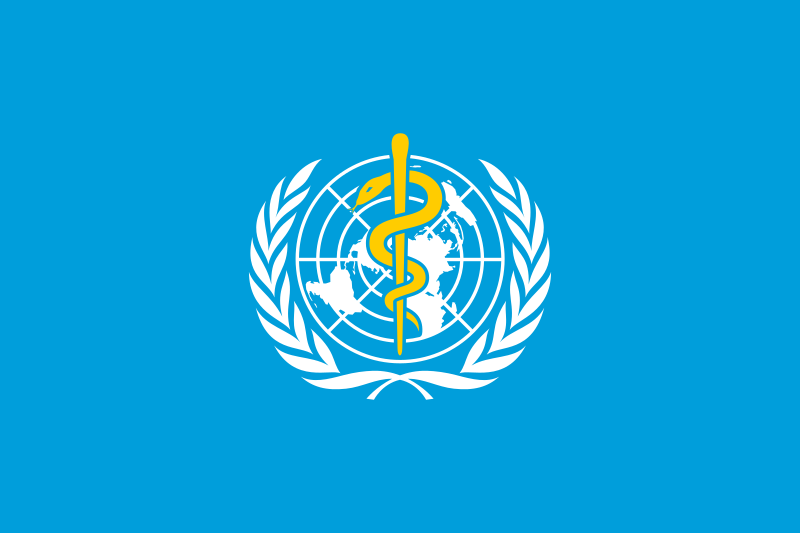The World Health Organization (WHO) voiced alarm about the ongoing global cholera outbreak, which resulted in 40,900 cases and 775 fatalities in January.
It noted that 17 countries across four regions reported significant cases of oral cholera in January, highlighting the ongoing impact of the vaccine shortfall on the global response to combat the illness.
The Centers for Disease Control and Prevention in the United States of America defined cholera as an acute diarrheal sickness brought on by a toxin-producing bacterial infection of the gut, which is contracted by the consumption of tainted food and water.
It further stated that between 1.3 and 4 million people contract cholera annually worldwide, and between 21,000 and 143,000 people pass away from the disease.
The regions are the African area, the Eastern Mediterranean region, the Americas region, and South-East Asia region, according to the WHO report.
“The biggest surges have been reported in Zimbabwe and Zambia, highlighting the continued difficulty in containing cholera and the significance of persistent public health initiatives.
“30 countries in five WHO regions reported cases in 2023, with nine of those countries recording more than 10,000 cases.” In January 2023, it designated the worldwide outbreak of cholera as a grade three emergency, the highest internal emergency classification.
The demand for Oral Cholera Vaccines(OCV) increased between January 2023 and January 2024, it was reported, and just 38 million OCV doses were accessible at that time, despite requests for 76 million doses from 14 different countries.
The worldwide vaccine stockpile was in need of replenishing, according to the report from the global health organization, and any manufacturing up until March 8 would go toward requests that had previously received approval.
The WHO said that because of the quantity of outbreaks and their geographic spread, in addition to the scarcity of vaccines and other resources, it has continued to evaluate the risk on a worldwide scale.

